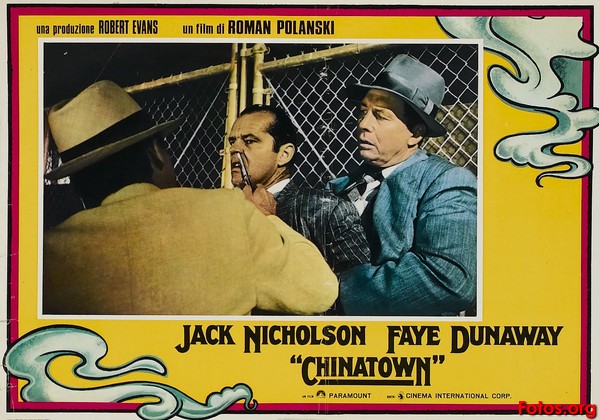“Jed Harris, in the full tide of success, could not imagine that anything he would do would fail; this is a form of imagination that must be acquired early by anyone who consigns his life to the theater.”
S.N. Behrman, People in a Diary: A Memoir
Terry Teachout on the arts in New York City
“Jed Harris, in the full tide of success, could not imagine that anything he would do would fail; this is a form of imagination that must be acquired early by anyone who consigns his life to the theater.”
S.N. Behrman, People in a Diary: A Memoir
From 2009:
Read the whole thing here.• Rooftop TV antennas. I don’t miss the lamentably fuzzy reception that they provided, or the fact that my family could only pick up three channels in Smalltown, U.S.A. (I never saw a public-TV program until I went off to college in 1974.) On the other hand, I loved being able to climb onto the roof of our house via the antenna pole. To do so was a hanging offense at 713 Hickory Drive, mainly because it terrified my mother, who was sure–not without reason–that her hopelessly clumsy son would fall off the roof and break his neck….
“The author of a well-received novel never knows whether his book, even if it sells, is also read. Nor does he know where his reader yawns, at what page he may have decided that he wants no more of it and throws it away in disgust. The novelist’s audience is invisible; the playwright’s right there with him. With a successful play the author is reviewed every night and the playwright can tell what kind of review he’s getting.”
S.N. Behrman, People in a Diary: A Memoir
Jimmy Durante sings Gordon Jenkins’ “This Is All I Ask” on Jimmy Durante Presents the Lennon Sisters Hour. This episode was originally telecast by ABC on October 31, 1969:
(This is the latest in a series of arts- and history-related videos that appear in this space each Monday, Wednesday, and Friday)
“What strikes me as I look back is that I have known few contented people. I have known very busy ones, rich ones, triumphant ones, but few who have been contented.”
S.N. Behrman, People in a Diary: A Memoir

Titus Techera, who hosts a podcast for the American Cinema Foundation on which he and his guests discuss important films of the past and present, invited me back last week for the latest in a series of conversations about film noir and “noir-adjacent” films.
In the latest episode, we discuss Roman Polanski’s Chinatown, written by Robert Towne, scored by Jerry Goldsmith, and starring Jack Nicholson, Faye Dunaway, and John Huston (yes, that John Huston). Our hour-long chat is now available on line.
Here’s Titus’ summary of our conversation:
To listen to or download this episode, go here.Titus and Terry Teachout discuss Chinatown, a story about the origins of Los Angeles and the doomed attempt to learn the ugly truth about these origins. John Huston plays the grand, corrupt aristocrat, Jack Nicholson the petty, corrupt democrat, and they come to fight over the future of America.
Imogene Coca performs her “Modest Stripper” routine on Admiral Broadway Revue. This episode was originally telecast simultaneously by NBC and DuMont on March 11, 1949:
(This is the latest in a series of arts- and history-related videos that appear in this space each Monday, Wednesday, and Friday)
“There is no more painful human illusion than that you can catch up on lost reading in old age. Old age is the busiest of them all. Things you used to do effortlessly take you forever, provided you can do them at all.”
S.N. Behrman, People in a Diary: A Memoir
| M | T | W | T | F | S | S |
|---|---|---|---|---|---|---|
| 1 | 2 | |||||
| 3 | 4 | 5 | 6 | 7 | 8 | 9 |
| 10 | 11 | 12 | 13 | 14 | 15 | 16 |
| 17 | 18 | 19 | 20 | 21 | 22 | 23 |
| 24 | 25 | 26 | 27 | 28 | 29 | 30 |
| 31 | ||||||
An ArtsJournal Blog